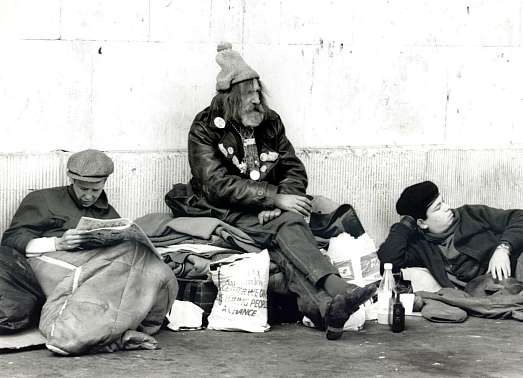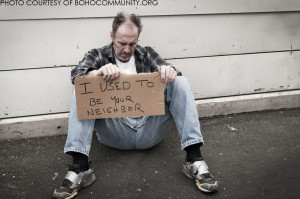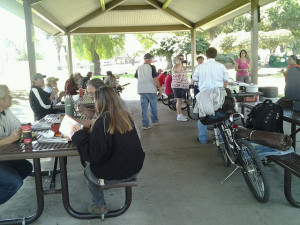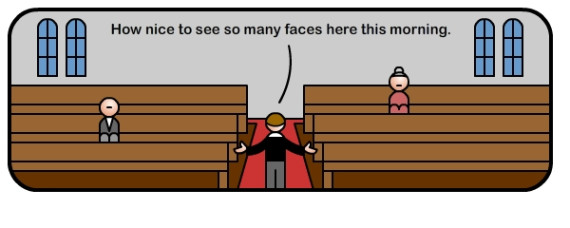 It is popular among the elite Bible scholars and academy-trained theologians to sneer at the uneducated lay person who seeks to teach Scripture and theology to others as being “untrained” and therefore, unable to accurately teach others what God is like, what He says in Scripture, and how to live life in light of what we learn.
It is popular among the elite Bible scholars and academy-trained theologians to sneer at the uneducated lay person who seeks to teach Scripture and theology to others as being “untrained” and therefore, unable to accurately teach others what God is like, what He says in Scripture, and how to live life in light of what we learn.
It is often taught to know the Bible, to teach others, and to truly understand theology, you need a Ph.D. from a leading seminary and expert knowledge of Greek and Hebrew.
We Need Professionals
The argument from these professional theologians and scholars most often goes like this:
If I had a brain tumor, I would not go to my neighbor to fix it. I wouldn’t even go to a neurosurgeon who had just received his MD. If someone is going to be operating on my brain, I want the best neurosurgeon there is. I will research the available doctors in my area, and find the one with the most experience. And if I cannot find one that is suitable, I might fly across the country to get help from someone who is suitable.
So also with theology. We cannot get help on Scripture and theology from just anyone. We need to find the best and most knowledgeable — the ones with the most training and experience.
It’s true. We need a doctor when we have a brain tumor. But thank goodness we don’t all get brain tumors!
To the contrary, most of our day-to-day health issues do not require a professionally-trained doctor at all!
From a very early age, we learn that when we are sick, the first thing to do is “go to mom” who may not have a single hour of professional medical training, but can nevertheless help us better and more quickly than any doctor. As we grow up, we learn to help ourselves, and get input and advice on medical issues from friends and family members. We learn to read the labels on medicines at the pharmacy, and follow the commonly-known health advice of society and culture.





 In
In 


 When I was a kid, “homeless” meant that you had lost your job and couldn’t pay your rent so you took turns living with relatives until you found a job. No one I knew lived on the street, under a bush, or in a tent in a canyon. I had never heard of such a thing.
When I was a kid, “homeless” meant that you had lost your job and couldn’t pay your rent so you took turns living with relatives until you found a job. No one I knew lived on the street, under a bush, or in a tent in a canyon. I had never heard of such a thing.
 Reluctantly, I agreed to make lunch for about sixty people. I was about as enthusiastic as I would have been if I had been planning to go to Calcutta to visit the slums. I did not know what to expect when I would actually meet sixty homeless people.
Reluctantly, I agreed to make lunch for about sixty people. I was about as enthusiastic as I would have been if I had been planning to go to Calcutta to visit the slums. I did not know what to expect when I would actually meet sixty homeless people.


 Every so often, I answer
Every so often, I answer 
 Though
Though 
 Many people believe that Hebrews 10:26 teaches that people lose their salvation for willful sin. This passage has perplexed Christians for centuries.
Many people believe that Hebrews 10:26 teaches that people lose their salvation for willful sin. This passage has perplexed Christians for centuries. When the author of Hebrews writes his letter, he is writing to people who want to reject the sacrifice of Jesus on the cross as sufficient for our sins, and return to dependence and reliance upon the Levitical Law. In numerous warning passages (Heb 2:1-4; 3:7-19;
When the author of Hebrews writes his letter, he is writing to people who want to reject the sacrifice of Jesus on the cross as sufficient for our sins, and return to dependence and reliance upon the Levitical Law. In numerous warning passages (Heb 2:1-4; 3:7-19; 
 Do you expect to see Jonah in heaven?
Do you expect to see Jonah in heaven?
 I have never been enamored with the process of historical criticism when it comes to the text of Scripture.
I have never been enamored with the process of historical criticism when it comes to the text of Scripture.